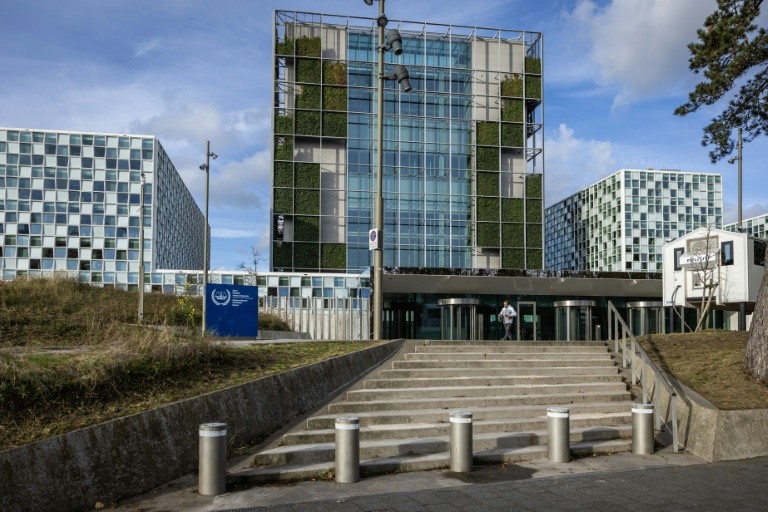
The International Criminal Court's chief prosecutor on Wednesday asked judges to grant an arrest warrant for Myanmar's junta chief Min Aung Hlaing over alleged crimes against humanity committed against Rohingya Muslims.
Karim Khan's request to the court's Hague-based judges is the first application for an arrest warrant against a high-level Myanmar government official in connection with abuses against the Rohingya people.
"After an extensive, independent and impartial investigation, my office has concluded that there are reasonable grounds to believe that Senior General and Acting President Min Aung Hlaing... bears criminal responsibility for crimes against humanity," Khan said in a statement.
This included crimes of deportation and persecution, allegedly committed between 25 August and 31 December 2017, Khan said.
A junta spokesman did not immediately respond to request for comment.
The ICC prosecutor in 2019 opened a probe into suspected crimes committed against the Rohingya in Myanmar's restive Rakhine state in 2016 and 2017, that prompted the exodus of 750,000 of the Muslim minority in the southeast Asian country to neighbouring Bangladesh.
About one million Rohingya now live in sprawling camps near the Bangladesh border city of Cox's Bazaar. Many of those who left accuse the Myanmar military of mass killings and rapes.
Khan said the alleged crimes were committed by Myanmar's armed forces, the Tatmadaw, supported by the national and border police "as well as non-Rohingya citizens."
"This is the first application for an arrest warrant against a high-level Myanmar government official," Khan said.
"More will follow," warned the prosecutor.
Myanmar has been racked by conflict between the military and various armed groups opposed to its rule since the army ousted Aung San Suu Kyi's elected government in February 2021.
The junta is reeling from a major rebel offensive last year that seized a large area of territory, much of it near the border with China.
Earlier this month, Min Aung Hlaing told China's Premier Li Qiang that the military was ready for peace if armed groups would engage, according to an account of the meeting in the Global New Light of Myanmar (GNLM).
A military crackdown in Myanmar in 2017 sent hundreds of thousands of Rohingya fleeing into neighbouring Bangladesh, many with harrowing stories of murder, rape and arson.
Rohingya who remain in Myanmar are denied citizenship and access to healthcare and require permission to travel outside their townships.
Min Aung Hlaing -- who was head of the army during the crackdown -- has dismissed the term Rohingya as "imaginary".
ICC judges must now decide whether to grant the arrest warrants. If granted, the 124 members of the ICC would theoretically be obliged to arrest the junta chief if he travelled to their country.
China, a major ally and arms supplier of Myanmar's ruling junta, is not an ICC member.
Khan's request comes just days after the ICC issued arrest warrants for Israeli Prime Minister Benjamin Netanyahu, his ex defence minister and a top Hamas leader over the war in Gaza.
Rights groups applauded Khan's Myanmar move, saying it was "an important step toward breaking the cycle of abuses and impunity that has long been a key factor in fuelling the military's mass violations."
"The judges will rule on the prosecutor's request, but ICC member countries should recognise this action as a reminder of the court's critical role when other doors to justice are closed," said Maria Elena Vignoli, a senior international lawyer Human Rights Watch.
Opening its doors in 2002, the Hague-based ICC is an independent court, set up to investigate and prosecute those accused of the world's worst crimes.








